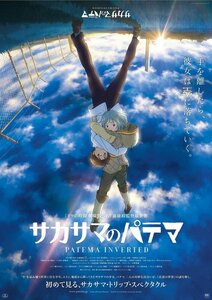 My first film, PATEMA INVERTED is about two worlds, both with opposite directions of gravity. You can go to the other place but your direction of gravity stays with you so you might fall down into the infinite sky if you don't hold on. The premise will be familiar if you have seen the 2012 film Upside Down starring Kirsten Dunst. I'm not sure which one was in development first. The story has a girl called Patema falling upwards down a hole in her underground world and ending up on the surface where she meets a boy called Ace. The surface is a strangely controlled world where any dissent is not tolerated. With the government after them they need to get Patema back home without getting caught. The concept was different to anything else I've seen and the repeated flips of perspective made it quite mind bending. Up is down, down is up. The artwork was brilliant and the artists developed some stunning landscapes. It was quite fascinating how our understanding of a situation changed with our visual perspective. My only issue though was the lack of female characters. Patema was somehow the only female apart from one classmate who wasn't named and had, I think, one line. It's another example of an otherwise great film imagining an entire new world but failing to imagine female characters in it. 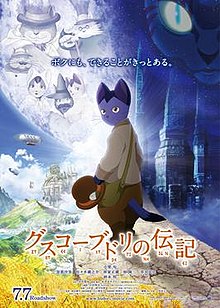 My second film was THE LIFE OF BUDORI GUSKO, based on a book by Kenji Miyazawa. It's a Buddhist allegory so has a strong theme of doing good and moving through different eras or lives. The introduction to this film contained no praise whatsoever so I was apprehensive. Budori is a mountain cat who lives with his parents and little sister Neri. A great winter descends and doesn't abate so they begin to starve. His parents walk into the woods (which we read as dying by suicide) and Neri is taken by an evil Wizard-like cat. Budori goes to work for a farmer but when drought hits he goes to the city and gets work monitoring volcanoes. He ultimately sacrifices himself in a volcano in order to rectify the climate so people can grow crops and not live in eternal winter. Still with me? The plot certainly was rather strange. If I knew more about Buddhist beliefs I might have got a lot more out of it. I think it suffered more from the lack of cohesion than the plot. I can accept that a cat might work as a volcano expert but the previous chapters had almost nothing to do with each other. It wasn't clear who the cat-wizard was or what exactly Budori did in the end to save the climate. It wasn't nearly as bad as I feared after the introducton. It wasn't exactly well structured but if you like cats and understand something about Buddhism you might get a lot from this. 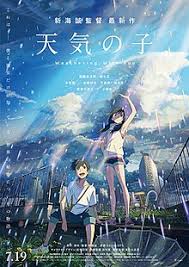 The final film was WEATHERING WITH YOU which won the festival's audience award. This is Japan's entry for the Best International Feature Oscar. It's directed by Makato Shinkai who you might know from the time traveling body swap 2016 anime Your Voice. In this film a boy called Hodaka arrives in Tokyo after running away from home and gets a job at a publishing company. As Japan is experiencing an unpredicted rainy season he investigates the legend of 'weather maidens' who can control the weather and finds one such maiden, Hina. He encourages her to sell her services but they don't realise the harm it's doing to Hina and it culminates in an ultimatum. The sound in the film is incredibly realistic and evocative. The creators captured the sound of rain on pavement, under shelter, under umbrella, through glass, heavy rain, light rain, water of any and all kinds. The attention to the smallest detail of how water moves and how it makes people feel is the stand out for me. People pay Hina to stop the rain for long enough that they can partake in very innocent joys like school sports day, a wedding day, or an afternoon at the park with their children. The weather influences what we're able to enjoy on quite a fundamental level. There were a lot more female characters in this film and it does scrape a pass of the Bechdel test. But a couple of issues stand out when it comes to women. The most obvious of which is the repeated jokes about Hodaka staring at women's boobs- which involves the audience getting a few bulging eyefulls too. Does this enhance the plot or the character development at all? Of course not. It just made me feel like the director was a perv and doesn't respect female audience members. Slightly more complicated is the relationship between Hodaka and Hina and who was driving the decisions. Early in the film Hodaka saves Hina from being pimped out. But he then encourages her to sell her powers, builds her website and promotes her services. It feels a little like he is pimping her in another way. When it becomes apparent that her powers are draining her life Hina chooses to sacrifice herself in order to stop the incessant rain that's plaguing Japan. Unhappy with this decision Hodaka follows her into the sky and pulls her back down to earth. This results in huge flooding, loss of millions of homes and presumably lives. Hodaka wanted to be with her more than he respected her autonomy so he overrode her decision. So what decisions did Hina actually make for herself? Really not many. That doesn't detract from the quality of the filmmaking in a huge way, it just leaves a sour taste. It's great that Scotland Loves Anime reaches so many people and I hope it can continue to grow in future, bringing anime to more and more people.
Comments are closed.
|
AuthorHi, I'm Caz. I live in Edinburgh and I watch a lot of films. My reviews focus mainly on women in film - female directors or how women are represented on screen. Archives
December 2021
Categories
All
|
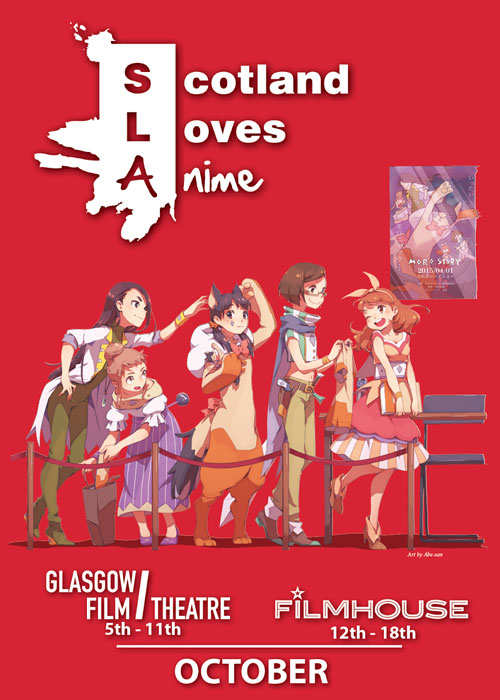
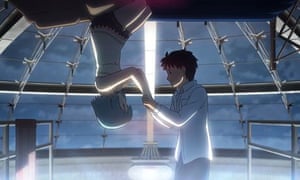
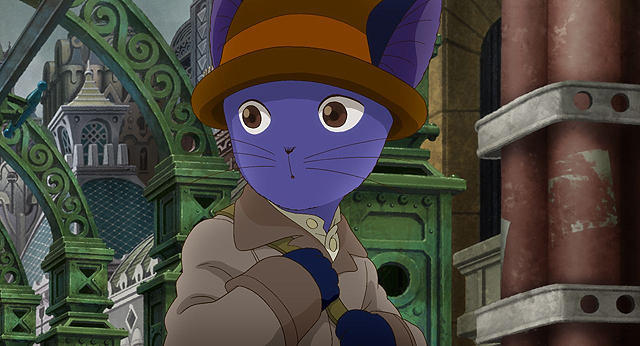
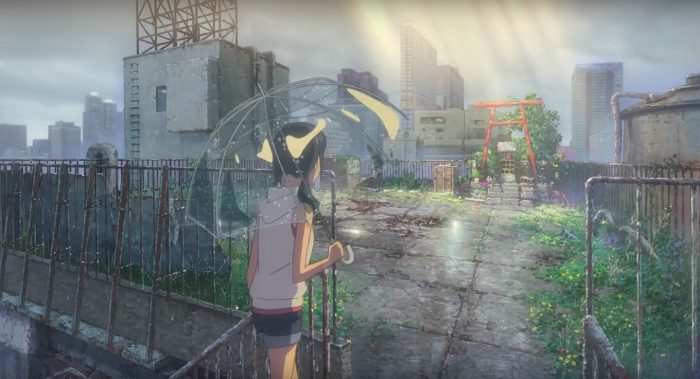
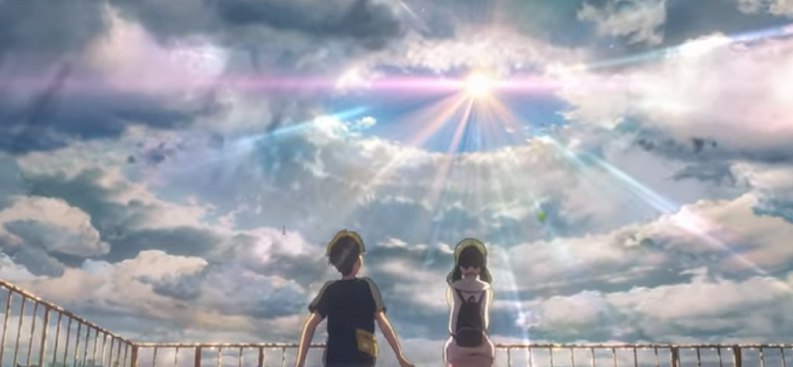

 RSS Feed
RSS Feed
